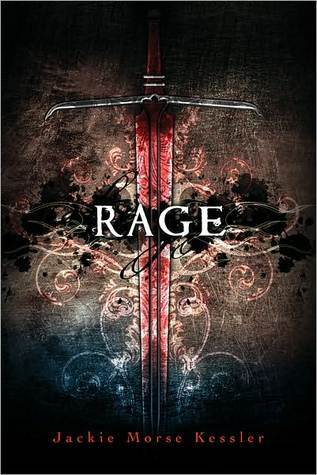What do you think?
Rate this book


209 pages, Paperback
First published April 4, 2011
"Scars," she whispered. The word itself was like a cut: the initial smooth motion of the S as she raises the blade, the quick flash of the hard C, biting her skin; the fluid AR as her blood wells; the final, lazy S, leaking out of her, mixed with all the badness that had made breathing so very difficult.
 come to my blog!
come to my blog!